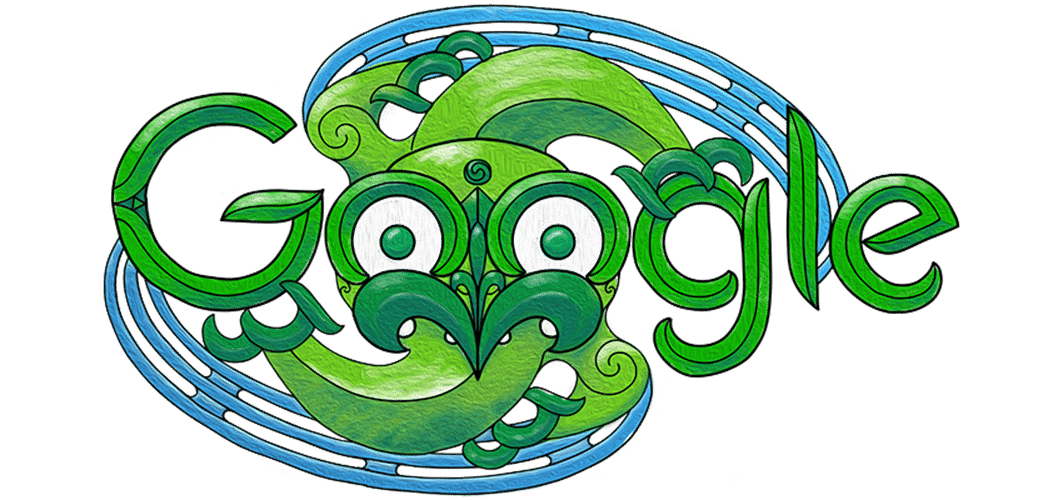Waitangi Day: History, Theme, and Significance

Waitangi Day, celebrated on February 6th, marks a pivotal moment in New Zealand’s history. On this day in 1840, the Treaty of Waitangi was signed between the British Crown and over 500 Māori chiefs, establishing a foundational document intended to guide the relationship between the indigenous Māori people and European settlers.
This day is not just a commemoration of the signing of the treaty but also a time for reflection on New Zealand’s journey towards partnership, peace, and understanding. With ceremonies, cultural performances, and community events across the nation, Waitangi Day is an opportunity to honor the past, acknowledge the present, and envision a future rooted in mutual respect and unity.
History of Waitangi Day
Waitangi Day is a significant date in the history of New Zealand, as it marks the signing of the Treaty of Waitangi on 6 February 1840. The treaty was an agreement between the British Crown and the Maori chiefs of New Zealand, and aimed to establish a relationship of partnership and cooperation between the two groups.
However, the treaty was not fully understood or respected by either side, and the relationship between the Maori and the British Crown was often fraught with tension and conflict. In the late 20th century, there were increased efforts to acknowledge and address these historical injustices, and Waitangi Day became a symbol of reconciliation and a time for reflection on the ongoing treaty relationship.
Today, Waitangi Day is a national holiday in New Zealand and is celebrated with a variety of events, including cultural performances, speeches, and public gatherings. It is a time for New Zealanders to reflect on their shared history and cultural heritage, and to celebrate the unique national identity of the country.
Significance of Waitangi Day
The significance of Waitangi Day lies in its role as a symbol of the ongoing treaty relationship between the Maori people and the Crown, and the ongoing efforts toward reconciliation between the two groups. The day is also significant as a celebration of New Zealand’s unique national heritage and cultural identity, and a time for all New Zealanders to reflect on the country’s shared history and future aspirations.
Waitangi Day is a time for the nation to acknowledge the ongoing challenges faced by Maori in New Zealand, and to recommit to working towards a more just and equitable society for all New Zealanders. It is also an opportunity to celebrate the contributions of Maori to the nation’s cultural, social, and economic development, and to recognize the unique role that the Maori people play in shaping the national identity of New Zealand.
Observer Voice is the one stop site for National, International news, Sports, Editor’s Choice, Art/culture contents, Quotes and much more. We also cover historical contents. Historical contents includes World History, Indian History, and what happened today. The website also covers Entertainment across the India and World.

